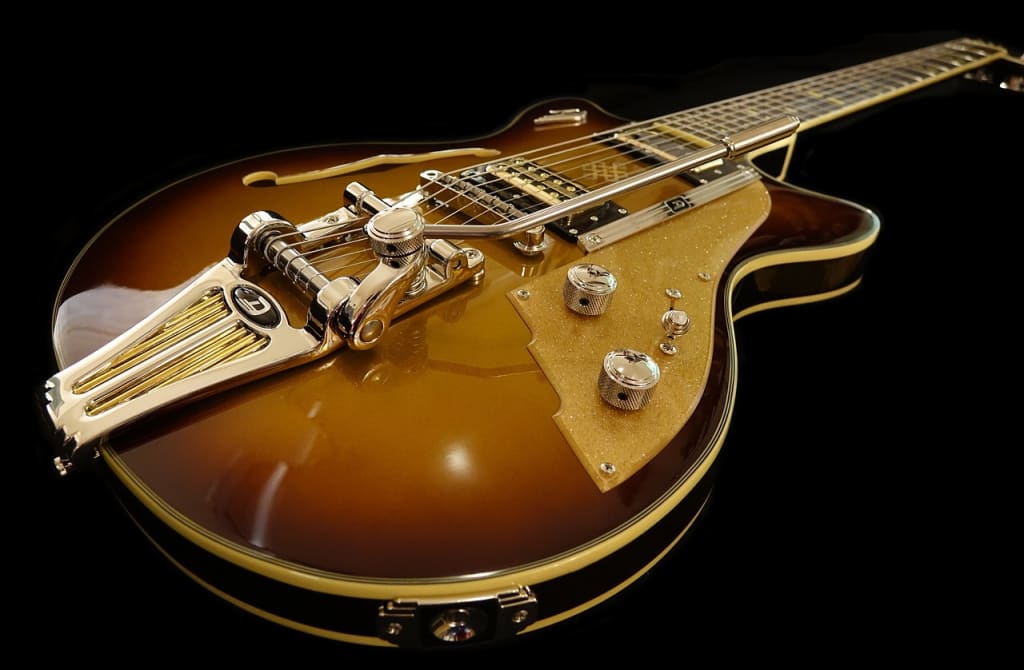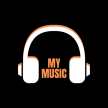The Transformative Power of Music During Global Pandemics
Pandemics alter the fabric of our lives, creating a need for comfort and connection.

Pandemics alter the fabric of our lives, creating a need for comfort and connection. Music, with its profound emotional impact, has been a lifeline for many during such times. From the historical role of music in previous pandemics to the innovative ways it has been used during COVID-19, music has proven to be a powerful tool for emotional and psychological support. This article explores the transformative power of music during pandemics, highlighting its therapeutic benefits, role in fostering community, and ability to inspire creativity.
Historical Insights
Music has always been a source of comfort during times of crisis. During the 1918 Spanish Flu pandemic, music played a significant role in providing solace. People gathered around phonographs and pianos, finding relief in melodies that transcended the grim reality outside. Similarly, during the Great Depression, music provided an escape from economic hardships. Songs like "Brother, Can You Spare a Dime?" and "Somewhere Over the Rainbow" resonated deeply with the public, offering both a reflection of their struggles and a glimmer of hope. These historical examples underscore the timeless nature of music as a coping mechanism during pandemics.
Emotional Resilience
Music aids in emotional regulation, helping individuals manage feelings of fear, anxiety, and depression. During COVID-19, many found solace in creating and listening to music. Playlists tailored to specific moods—such as relaxation, motivation, or nostalgia—became essential tools for emotional management. For instance, calming classical music or ambient tracks helped reduce anxiety and promote relaxation, while upbeat pop songs provided a boost of energy and positivity. Music's ability to evoke emotions and memories made it an effective tool for navigating the emotional landscape of the pandemic.
Community and Connection
Virtual concerts and online music collaborations brought people together during the pandemic. These events provided a sense of belonging and collective resilience. Artists from around the world hosted live sessions on platforms like Instagram, Facebook, and YouTube, allowing fans to connect with them and each other. Initiatives like the Global Citizen's "Together at Home" concert series featured performances by major artists to raise funds and awareness for COVID-19 relief efforts. These virtual gatherings not only entertained but also fostered a sense of community and solidarity, reminding people that they were not alone in their struggles.
Creativity and Expression
The isolation of quarantine spurred a wave of musical creativity. People used the time at home to write songs, learn instruments, and share their creations online. Platforms like TikTok, YouTube, and SoundCloud saw an explosion of user-generated content, from covers and remixes to original compositions. This period also saw the rise of home studios, with many investing in recording equipment to produce high-quality music. The democratization of music production tools allowed anyone with a passion for music to create and share their art, leading to a renaissance of creativity. This surge in creativity provided an outlet for emotions and helped individuals feel more connected during isolation.
Music Therapy
The demand for music therapy increased during the pandemic. Virtual sessions provided crucial support, offering a safe space for individuals to explore their feelings and find comfort. Music therapists used a variety of techniques, such as guided imagery with music, songwriting, and improvisation, to help clients process their emotions and cope with stress. Research shows that music therapy can reduce levels of cortisol, the stress hormone, and increase levels of serotonin and dopamine, the "feel-good" neurotransmitters. These therapeutic benefits made music an essential tool for mental health during the pandemic.
Music as a Form of Activism and Solidarity
During the pandemic, music also became a form of activism and solidarity. Artists used their platforms to raise awareness about public health measures, encourage vaccination, and support social justice movements. Songs addressing the pandemic's impact, frontline workers' sacrifices, and the importance of unity became anthems of resilience. Benefit concerts and charity singles raised funds for those affected by the pandemic, showcasing the power of music to inspire and mobilize. For example, "Times Like These" by the BBC Radio 1 Stay Home Live Lounge brought together artists from different genres to raise money for COVID-19 relief efforts.
The Future of Music Post-Pandemic
As we move forward, the lessons learned during the pandemic will continue to shape the music industry. The resilience and adaptability shown by artists, educators, and music therapists highlight the enduring power of music. Hybrid models of live and virtual performances are likely to persist, offering new ways for audiences to experience music. The increased accessibility to music education and therapy through online platforms will continue to benefit those who previously faced barriers. The pandemic has underscored music's vital role in our lives, reinforcing its importance in fostering emotional well-being and social connection.
Conclusion:
Music's transformative during pandemics is undeniable. It has provided emotional support, fostered community, and inspired creativity, helping us navigate these challenging times. The pandemic has highlighted the fundamental human need for connection and expression, both of which music fulfills uniquely and powerfully. As we look to the future, the innovations and adaptations in the music industry will likely become permanent fixtures, continuing to enrich our lives and provide solace in times of need.
About the Creator
Enjoyed the story? Support the Creator.
Subscribe for free to receive all their stories in your feed. You could also pledge your support or give them a one-off tip, letting them know you appreciate their work.






Comments
There are no comments for this story
Be the first to respond and start the conversation.